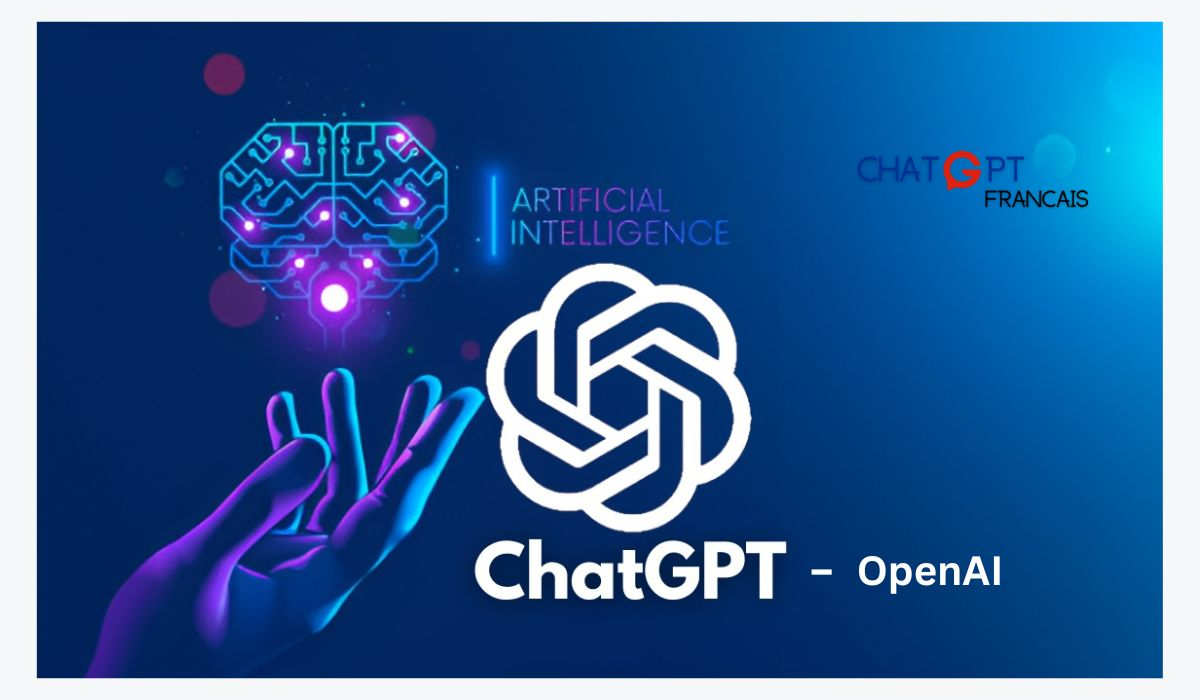In the ever-evolving landscape of artificial intelligence, ChatGPT has emerged as a groundbreaking innovation that is reshaping the way we interact with AI systems. Developed by OpenAI, ChatGPT is a cutting-edge language model that has the potential to redefine conversational AI, transcending its predecessors in terms of language understanding and generation. With a staggering 175 billion parameters, ChatGPT exhibits a level of sophistication that tends to make it capable of engaging in coherent and context-conscious conversations, therefore unlocking new possibilities across different sectors and pushing the boundaries of what AI can accomplish.
At its core, ChatGPT leverages the GPT-three architecture, a state-of-the-art deep understanding model that serves as the foundation for its capabilities. This architecture is underpinned by an extensive dataset of diverse text sources, enabling ChatGPT to comprehend and generate text that closely mimics human communication. When you engage with ChatGPT, it quickly processes your input and produces responses that not only reflect the context of the conversation but also exhibit a exceptional degree of fluency and coherence.
The implications of ChatGPT ‘s capabilities are far-reaching, as they extend to a multitude of domains. In consumer service, for instance, ChatGPT can automate responses to regularly asked inquiries, alleviating the workload of human agents and giving timely, precise assistance to shoppers. This, in turn, enhances efficiency, reduces operational expenses, and final results in enhanced consumer satisfaction. Additionally, ChatGPT’s potential to comprehend nuanced queries and supply detailed responses can elevate the quality of assistance provided, making it an invaluable tool for companies aiming to provide exceptional customer experiences.
Education is a further sector exactly where ChatGPT can be a game-changer. As an AI tutor, ChatGPT can offer you customized help to students, helping them with a wide range of subjects and assignments. Whether or not it really is explaining complicated mathematical concepts, proofreading essays, or supplying historical insights, ChatGPT’s versatility can improve the studying experience and make education far more accessible. By catering to individual mastering styles and paces, it can contribute to enhanced academic outcomes and empower students to achieve their full possible.
In the realm of content material creation, ChatGPT demonstrates its prowess by aiding writers, marketers, and creators in creating compelling and informative content. It can present suggestions, craft item descriptions, or even help in the ideation method, streamlining content material production workflows and saving time for experts. This democratization of content creation tools has the prospective to level the playing field for creators and businesses of all sizes, fostering innovation and creativity in several industries.
When it comes to accessibility, ChatGPT presents a lifeline to people with disabilities, providing them with a implies to interact with technologies and the digital planet. By way of voice assistants and chatbots powered by ChatGPT, folks with visual or motor impairments can navigate the net, access information and facts, and carry out tasks that were as soon as challenging or not possible. This inclusivity is a testament to the constructive influence of AI on society, generating the digital realm extra accessible and equitable for everybody.
On the other hand, ChatGPT’s capabilities also raise ethical and societal issues that can not be ignored. The possible for misuse, such as producing disinformation or engaging in harmful conversations, underscores the have to have for responsible deployment and strict ethical recommendations. OpenAI has taken measures to address these concerns by implementing safety measures and encouraging transparency in AI usage, but ongoing vigilance and regulation are vital to guarantee the accountable use of this technology.
